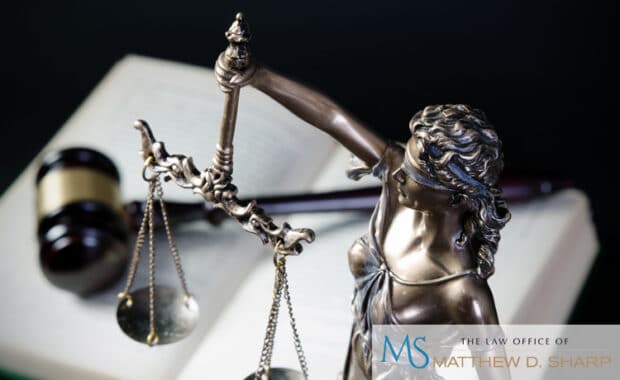Texas’s ALR (Administrative License Revocation) Program takes place independently of criminal charges and proceedings. In the state of Texas, anyone who refuses to take or fails a breath or blood alcohol test automatically receives notice of a pending driver’s license suspension. An ALR hearing gives the accused the ability to challenge the suspension.
DWI Stops and License Revocation in Texas
Our state, like many others, enforces an implied consent law. Anyone who drives on Texas roads agrees to take a blood, breath, or urine test to determine the presence of alcohol or drugs. If law enforcement pulls someone over and suspects he or she is driving while intoxicated (DWI), the individual can either take or refuse the field test. All drivers retain the right to seek a third party blood test within two hours of any DWI arrest.
While law enforcement officers typically honor a driver’s right to refusal, they can enforce testing in certain circumstances. A warrant, an accident involving serious injury or death, and two or more previous DWI convictions (not arrests) may all give the officer the authority to conduct a test regardless of consent.
Law enforcement officers will serve a notice of license suspension and temporary permit to confiscate the license of anyone who refuses to take a test OR who takes a test and registers a BAC (blood alcohol content) level of 0.08 or higher. A driver can file a request for an ALR hearing to challenge the suspension within 15 days of the date listed on the notice. The state will deny any request made after the 15 day point.
Uncontested suspensions go into effect 40 days from the date on the suspension notice. The state can suspend the license of anyone who refuses to take a test for 180 days. Those who fail a test face a 90 day suspension for their first offenses. Individuals under license suspension may qualify for an occupational license (to travel to work, school, or for other necessities).
Requesting an ALR Hearing
Individuals can request an ALR hearing online through the Texas Department of Public Safety or through a defense attorney. Since the state may misplace or misprocess requests, many license holders choose to file a hearing request through their defense attorneys. Form DIC-25, the notice of suspension and temporary permit serve as a person’s driver’s license until after the hearing. It serves as a valid license until a suspension begins or an administrative law judge overturns it.
Similar to a criminal case, drivers have the right to legal representation during ALR hearings. The state will not, however, appoint an attorney for the accused. The outcome of the ALR hearing will not affect the outcome of any pending criminal charges, but it could reveal helpful information about the prosecution’s case. The ALR hearing strictly determines if and when a license suspension goes into effect after a DWI arrest.
Preparing for an ALR Hearing
The state may need up to 120 days after the request filing to schedule an ALR hearing. Accused individuals can keep copies of all notices and requests to protect themselves from miscommunication during the request and hearing process.
Before the hearing, the Texas Department of Public Safety and the accused driver may both request information including DWI reports and witness information. Information obtained prior to the ALR hearing may help a DWI defendant prepare for a criminal case.
During the hearing, an administrative law judge (ALJ) listens to both sides and issues a decision to uphold or overturn the suspension. If the judge upholds the public safety department’s suspension, the accused can take the process one step further and file an appeal. The state must receive an appeal request within 30 days of the new suspension date. If the state grants an appeal, the department will lift the suspension until the appellate court makes a final decision.
The Role of a Defense Attorney in ALR Hearings
For any legal representation, timing often plays a role in the outcome of a case. When involved at the ALR hearing stage of a DWI case, a defense attorney can:
- Provide peace of mind regarding hearing deadlines and document submissions
- Obtain current information about the prosecution’s criminal case
- Handle the hearing process without the presence of the accused
- Improve the likelihood that a judge will overturn a suspension
The ALR hearing is separate from a criminal DWI case, but the two cases feature various crossovers. Many of the issues discussed in an ALR hearing, including the reason for a traffic stop, the presence of probable cause, and the detention process will arise again in a criminal case.
The outcome of an ALR hearing will not affect a DWI case. However, if a defendant receives an acquittal in a case, the state will cancel an existing ALR suspension. The Texas Department of Public Safety must receive a copy of the case dismissal or verdict before it will reinstate a driver’s license.
From meeting deadlines to building criminal defense strategies, a defense attorney can help his or her client at every step of a DWI charge. The ALR hearing serves as the first step in protecting an accused driver’s rights and challenging drunk driving accusations in the state of Texas.






